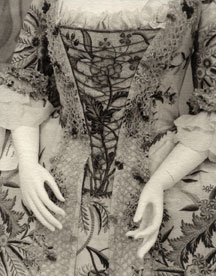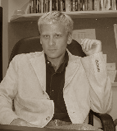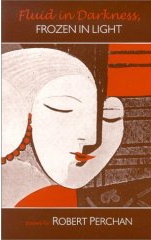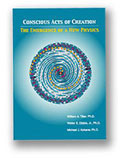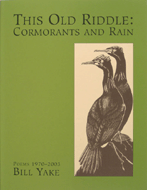|
truth
AND
lies
spring/summer 2006, no. 7
|
Entelechy is very pleased to welcome poetry editors
Tim Horvath
and Jason Ronstadt
|
For Real
bill yake
|
|

|
|
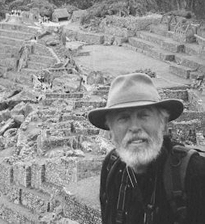
|
This trail seems
entirely compelling: everything angling down into a ravine arrayed
in three, pitch-perfect dimensions.
Take the creek-bend at the bottom:
apparently authentic
— dark water, graded gravel and cobble.
Completely persuasive; I’m impressed.
And the acoustic enfolding
— replete
with gurgles, white noise, subtle
read more
|
|
Lying
julie
o'leary green
|
|
They fall like droplets to the bedspread,
finding one another like mercury.
He tells her ten times she is
beautiful
and then sleeps.
Nights, her breath thaws and
read more
|
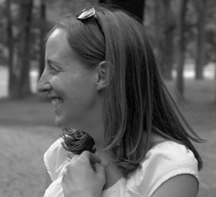
photo: kris
merola
|
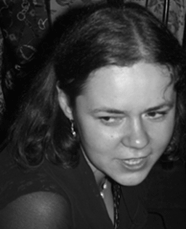
|
“In
the Mind’s Eye, a fractal is a way of seeing infinity.”-
James Gleick, Chaos
You
would prefer only the part of that tree
You would you would the part only
The part you would of that tree would
Its crown its bronchioles yet it grows
It grows and bifurcates until the whole
It grows it grows it grows the whole
read more

would fire be so gentle
First it was a
mad love of electrons
read
more
|
“You are abstract
For the sake of being abstract
And there is nothing concrete
Or lasting or meaningful
In your abstraction…”
This is what I tell myself
At the beginning of a poem;
What a way
To start the day —
Not exactly corn flakes
read more
|
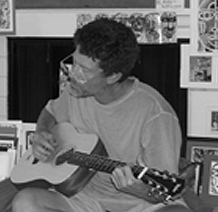
|
|
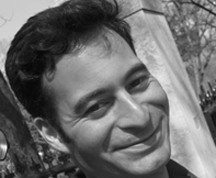
|
The high price of
standing doesn't stop at stiff knees
The first sexy hillbilly eating baked beans
A shepherd protecting cows
one millionth his size
A recipe for an instant town
She could be a place none of us know
She could be one for the road
read
more
|
|
Embryology
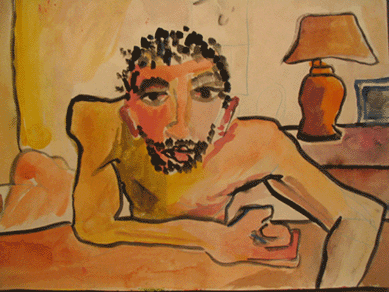
ilya bernstein; self-portrait,
watercolor, 1998
ilya bernstein
|
|
|
How do bones grow in the womb? How do joint and joint
Discover each other?
You will find your way by tracing a line along the wall:
You will pass the blind
Watchmaker, you will struggle
With the invisible hand.
Books will grow in your wounds. Microscopic,
read more
|
|
|
Patient complained, typically
enough, that her breasts didn’t quite match. One was more
pointy, the other more rounded, as if they had been modeled on
the opposite ends of a hen’s egg. But this asymmetry
—
this schizovimammarianism
—
did not discomfit me. More troubling in its way was
the pride she took in her rump halves
—
as if those perfect mirror images of each other were not
kinetically a kaleidoscope of endlessly shifting possibilities.
I detect deeper symmetries where others claim to see
read more
|
|
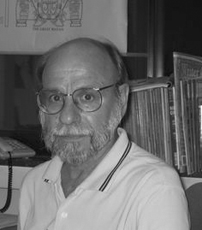
|
|
My Name is Henry
Second-prize winner of the
Entelechy Biofiction Prize
tania hershman
|
|
January 2nd 2pm
"My name is Henry. You can’t disagree with
that."
"No, Henry, I don't disagree."
"Good, that's good. Henry. My name is Henry."
"Henry, do you know where you are?"
"Where I am. Of course. Where am I? Silly question."
"Where are you? Henry, where are we?"
Silence.
"Henry. Where are we?"
read more
|
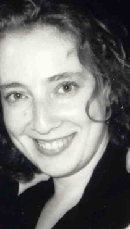
|
|
Come On
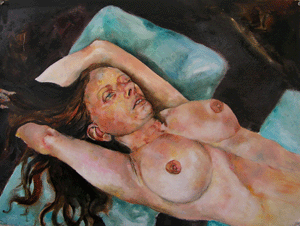
enduring; 22 x 30,
oil on paper
elizabeth insogna, 2005
jason
letts
|
Charlotte found herself
sitting in an Irish pub, playing with the umbrella in her drink,
late one Saturday night. Her eyes glazed over the men and women at
the bar talking, drinking, and flirting as she drifted off into
memories of a few days earlier.
She
had returned from her job in a gallery, where she worked to
support herself while trying to make it as a painter, to find her
boyfriend sprawled
read more
|
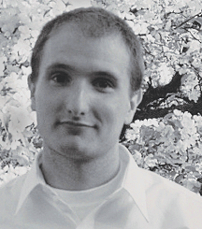
|
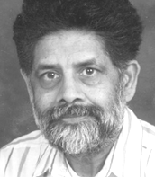
|
The fit was perfect. It was natural. It suited him. And he had
known all along that it would. Even when he was braying and
kicking the dust around, in the company of his cousins, he had the
thought — nay, the premonition
— that he wasn’t one of them and that he indeed was
read more
|
|
The Argument
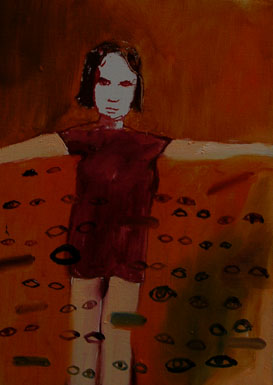
megalomania;
8 x 10, oil on canvas
elizabeth insogna, 2006
zachary p. norwood
|
Although there are certainly many
gradations and varieties of belief, it is safe to say that that
they fall roughly into two categories: the real and the
imagined. There are those who believe in fairies and dragons,
usually children, and those who believe in death and taxes,
usually adults. As for all-encompassing explanations of life,
there are those who believe in gods, or some hyperphysical
force, and those who do not. Soph was a believer, and she was
about to have her beliefs sorely
read more
|
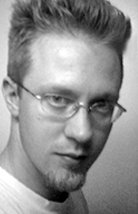
|
|
|
Where shall I stand,
when the text of my life deconstructs itself at every turn of
the page?
— Bas van Fraassen
'Know thyself' is one of the most
successful slogans in history. Thales of Miletus
— a philosopher who
flourished in the 6th century before Christ, is credited with
having coined the phrase, and Plato tells is that it was
inscribed at the entrance to the temple of Apollo at Delphi,
and it is still popular today, over 2500 years later. 'Know
thyself' sounds terrific in theory, but how feasible
— or desirable
— is it in practice?
According the Roman writer Diogenes Laertius, who wrote a
popular, gossipy book six centuries later called
read
more
|
Our romantic relationships are seldom what they
seem. We all want a relationship that is built on openness,
intimacy, and trust. But, in truth, our relationships do not
always work that way. Secrecy and deceit are just as essential as
truth and honesty, when it comes to matters of love and romance.
Viewed in this light, our intimate relationships
can be seen as a paradox: People tend to be more truthful and more
deceptive with those they love.
Telling the Truth is Necessary
Our intimate relationships are
designed to create many rewards including both physical and
emotional support. But, in order to obtain the
benefits that
read more
|
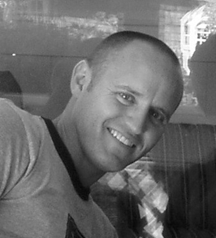
|
An Evolutionary Basis to
Behavioral Differences
Between Cats and Dogs?
AN ALMOST-SERIOUS SCHOLARLY
DEBATE
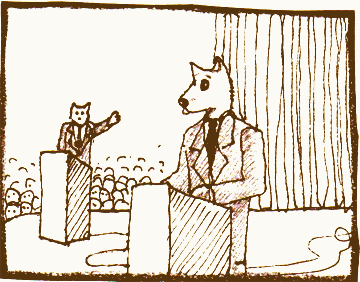
illustration: michael bernier
glenn geher
|
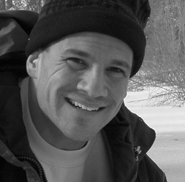
|
Do Innate Behavioral Differences Between Dogs and Cats
Exist?
A Debate Between the Esteemed Canine
Constructionist Psychologist, Dr. ArfArf Anythinggoes of
Sheppard State University and the Renowned Feline
Evolutionary Psychologist, Professor MeowMeow Immutable, of
Carnivore College
Moderated by Celina the Seemingly
Centrist Squirrel
Celina:
Thank you all for attending this important debate. Of
course, this debate is extremely topical in light of the
recent comments of President Pawinmouth of Carnivore College
which suggest that dogs and cats may have different general
skills from one another because of innate
read more
|
Ecstasy and
Honesty

d avid
pearce
A society based on E-like consciousness would be an
honest society of honest people.
Today, most of us lie and dissemble. We tell white lies and,
on occasion, total whoppers. Most of us lie many times in the course of a
day, whether to friends, family, colleagues or - as necessity or
read more
Three
Scholars on Deception and Self-deception
CARROLL, GINTIS, AND
SILVERMAN
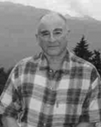
Irwin Silverman:
Deception and self-deception are the cornerstone of
human sociality, and probably have more to do with
the evolution of our big brain than solving the block
design test. See Why We Lie (D.L. Smith, 2004) or
just rent Liar, Liar with Jim Carrey.
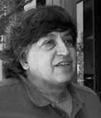
Herbert Gintis:
This is a gross distortion.
Truth-telling and honesty are the cornerstone of human
sociality. Deception is only possible because messages are
generally accurate. This is just elementary biology.

Joseph Carroll:
The cornerstones of human sociality appear to be
affiliation and dominance. Deception comes in because
conflicts in fitness interests occur in all intimate human
social relations. As a species, humans are peculiarly,
uniquely self-aware and aware of others. They project
public
read more
|
Deceiving is Believing
A REVIEW OF DAVID SMITH'S
WHY WE LIE: THE EVOLUTIONARY ROOTS
OF DECEPTION AND THE UNCONSCIOUS MIND
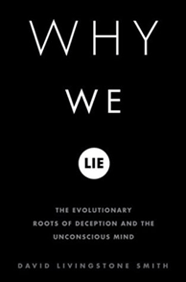
keith harris
|
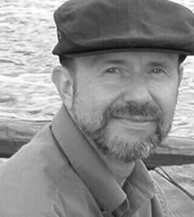 |
|
As its provocative title suggests, this
book undertakes to demonstrate, describe, explain, and even
justify our capacity to deceive – our ability to lie, that
is. We fool not only other people, but ourselves as well, the
author asserts. As we all know, deceit is everyday fare in the
social arena, and in its self-prescribed form is
bread-and-butter for psychotherapists.
According to the author, the first aim aim of
this book is to give readers an overview of how deception and
self-deception fit into, and derive from, evolutionary
theory. The second aim is to reconnect cognitive psychology to
read more
|
|
Cunning
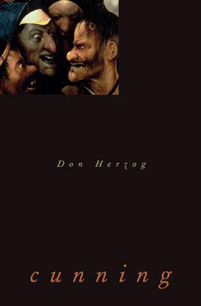
jeff miller
|
|
read more
|
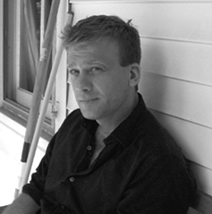
photo:
alice andrews |
|
Neural Cartography and
Confabulation
A REVIEW OF WILLIAM
HERSTEIN'S BRAIN FICTION
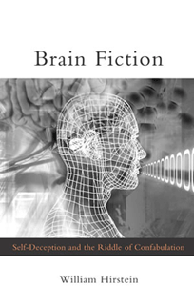
zachary p. norwood
The true nature of the present revealed
itself: it was what existed, and all that was not present did
not exist.The past did not exist. Not at all. Not in things,
not even in my thoughts. . . . Now I knew: things are entirely
what they appear to be—and behind them ... there is nothing.
— Roquentin, from Sartre’s
Nausea
 Unless
you’re like the protagonist in Sartre’s Nausea, who
marvels at the sight of a chestnut tree, transfixed by its raw
existence, you probably find everyday sense impressions rather
boring, as you should. After all, who would think to marvel at
the sight of a common tree, or the simple recognition of
someone’s face? And even if we could, would
we want to? I think not. If we were mindful of every little
thing the brain filters out of
read more
|
 |
Strangely enough, truth itself has become a controversial
subject, and not just among stodgy philosopher types but also
among news reporters, beer-hall sophists, social and political
scientists, and even among physical scientists.
Certainly,
dispute about the best way to approach truth has raged
for at least a couple of thousand years; but the
external-to-humans nature of truth itself, as truth, was
not seriously questioned. That is, the existence of objective,
factual, empirical truth
read more
|
|
meta
reviews
Re-reading the Signposts
A RESPONSE TO
WILLIAM BENZON'S BOOK REVIEW "SIGNPOSTS
FOR A NATURALIST CRITICISM"
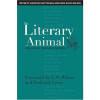 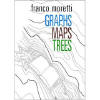
david michelson
William Benzon recently reviewed (in this
journal) two books presenting novel approaches to
literary studies: Graphs, Maps, Trees: Abstract Models for a
Literary History by Franco Moretti, and The Literary
Animal: Evolution and the Nature of Narrative, a volume of
essays edited by Jonathan Gottschall and David Sloan Wilson.
Of the two
books, Benzon’s review explicitly favored Moretti’s use of
quantitative methodologies, plot diagrams and evolutionary
processes for understanding literary history. Moretti uses these
diverse methods to explore three fascinating
read
more
|
Boggling the Mind?
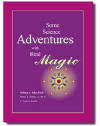
william a. tiller
A RESPONSE TO
TODD STARK'S REVIEW OF MY BOOK
SOME
SCIENCE ADVENTURES WITH REAL MAGIC
|
I really liked Stark’s thoughtful and critical review
(Entelechy, 6)
of our most recent “psychoenergetic science” book Some Science
Adventures with Real Magic.(1) I found it to be
of significant value to me and my thought processes, however,
he missed a few key points that I would like to bring to his
and the reader’s attention.
The research work discussed in this book and its immediate
precursor, Conscious Acts of Creation: The Emergence of a
New Physics,(2) involves both (1) the use of a
type of device that acts as a transportable host for human
consciousness which
read more
|
|
art
(It may be
that the deep necessity of art is the examination of
self-deception. - Robert
Motherwell
(ref))
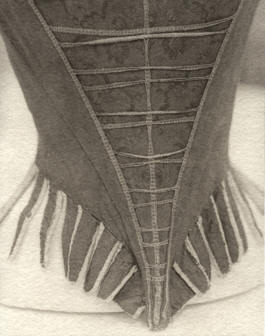
From the series, Undergarments and
Armor, 2002-2004
|
|
With the support of a Guggenheim Fellowship, I traveled to
archives and museums in the U.S. and England photographing
undergarments, armor, and the museum forms that populate the
storerooms--objects like breastplates, helmets, corsets,
bustles, mannequins and dress forms. The earliest objects
date to the 14th century while no object is dated past 1900,
ruling out the possibility of a living owner. I see these
garments and suits of armor as sculptures of the body that,
like a carapace, outlast their wearers. These personal
effects adorned, constricted and protected the body all at
once. Now they are archived as artistic and cultural
artifacts, shells of the bodies that once inhabited them.
While visual and conceptual dichotomies are clearly present
in the relationship between the undergarments and armor
(male/female, hard/soft, outside/inside, armed/disarmed), no
one simple reading is possible. A bustle is an industrial
contraption, while a breastplate is delicately adorned. In
the 14th century the term corset was used to refer to a
breastplate as worn by a soldier. And though one might
expect the feminine undergarments to be alluring, they often
appear clinical, even dingy, divorced from the body’s
lingering presence. On the other hand the armor often
conveys an aggressive sexuality, both gorgeous and cruel.
Yet in both cases the garments are
read more
see more
|
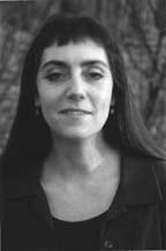
|
|
|
|
|
|
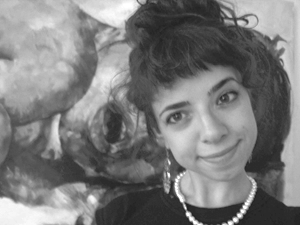
|
The paintings are inner realms which
may evoke or depict calm traumas. These paradoxical places
are sometimes overwrought with other sensations
— erotic,
submissive and sometimes aggressive in nature.
The way it breathes, natural impulsive
contradictory trajectories of paint and thought and whole-body
balancing, mind balancing in presence, absence, lost memory, lost
first impulse
—
then suddenly, as if by chance
— the
following of something new and mysterious.
see more
|
|
editors
|
alice
andrews |
editor/publisher
|
|
MUSINGS:
Playing with Myself: On
Trine Erotic
An Evolutionary
Mind
Meta Review: Reactions to a Review of
The Blank Slate
Being Brave: In Defense of Naturalism and Essentialism
Biofiction
The Semiotics of Shoe Shapes
Beyond Paradox: A Review of The
Paradoxical Primate
Meta Study: Reactions to a Study on Female Sexuality
Attention: On Love
Unstandardized Minds
Narrowcasting Entelechy
Love Leaves
|
tim horvath | poetry
editor
|
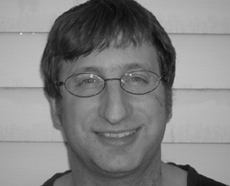 |
Tim
Horvath, with an MA in English Education from Teachers
College, Columbia University, and a soon-to-be-conferred MFA
in Creative Writing at the University of New Hampshire,
taught high school English for nine years, and currently
teaches composition at UNH. Tim is a three-time finalist in
Glimmer Train's New Writers Competitions and recently
received a prize from UNH for his story "Lax." His interest
in cognitive neuroscience and evolutionary psychology has
led him to speak at various conferences, including recent
and upcoming ones with co-editor Jason Ronstadt on the
dreaming-brain and literature. He is currently working on
a novel, tentatively entitled Spectra.
|
MUSINGS:
By Way of an Introduction
The Understory
|
jason ronstadt |
poetry editor
|
|
Jason Ronstadt
teaches Freshman Writing and Screenwriting at New Mexico State
University, and is a staff editor for New Mexico
State’s literary
magazine, Puerto Del Sol. He studied poetry with Charles
Simic at The University of New Hampshire, and is the
recipient of numerous creative writing awards including the John
Scott Douglas Award, and the Thomas Williams Memorial
Scholarship. He received an MA in Creative Writing from The
University of New Hampshire and is currently studying with
Robert Boswell, Kevin McIlvoy and Antonya Nelson at New Mexico
State University. He continues work on his first novel and
recently gave a presentation at the Poetics-Cognitive Science
Colloquy, which was hosted by the Dactyl Foundation in New York
City. This April, Jason and Tim Horvath gave a presentation at
the First Annual Literature and Cognitive Science Conference at
The University of Connecticut.
|
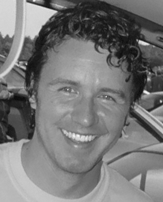
|
|
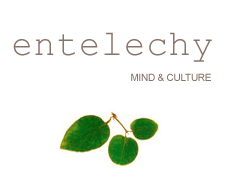
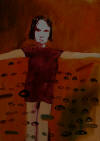



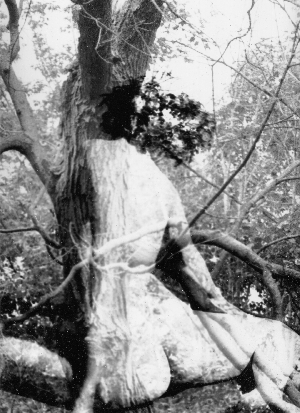




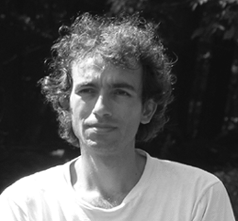








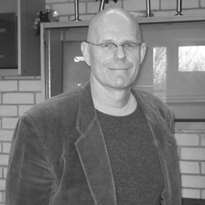













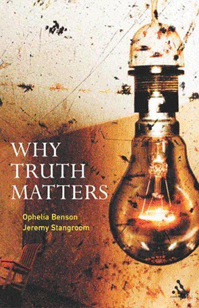





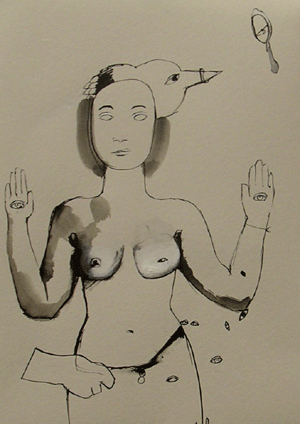

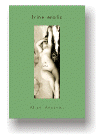
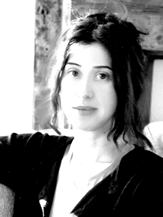


_small.jpg)
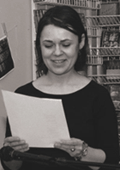
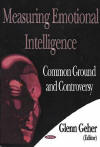
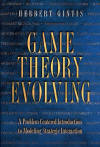
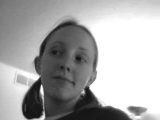 Julie O'Leary Green (with a BS in communication
from Cornell University and an MA in English from Ohio State
University) is currently a PhD student in English at Ohio State,
where she studies 20th-Century American Literature, fictional
representations of place/space, and cognitive approaches to
literature; and teaches writing, literature, and film courses to
undergraduates. Julie writes poetry, screenplays, and fiction, and
her poetry has previously been published in Shenandoah.
Julie O'Leary Green (with a BS in communication
from Cornell University and an MA in English from Ohio State
University) is currently a PhD student in English at Ohio State,
where she studies 20th-Century American Literature, fictional
representations of place/space, and cognitive approaches to
literature; and teaches writing, literature, and film courses to
undergraduates. Julie writes poetry, screenplays, and fiction, and
her poetry has previously been published in Shenandoah. 